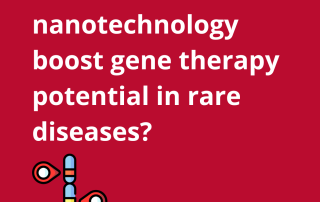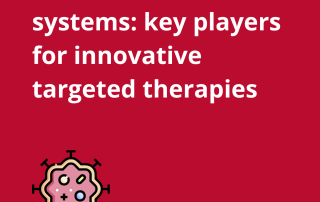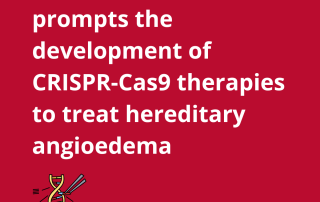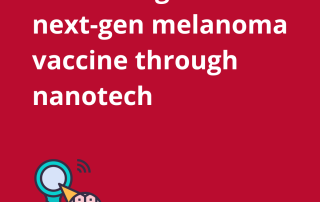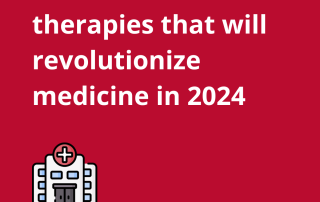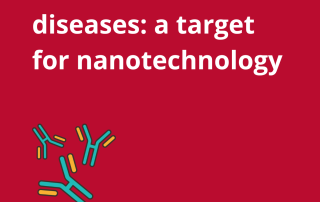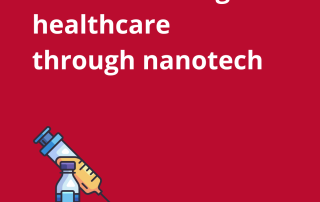New gene therapies based on nanotechnology show efficacy in Zebrafish in vivo models
Gene therapy is a promising therapeutic approach that has experienced significant growth in recent decades, with gene nanomedicines reaching the clinics. However, translating more gene nanomedicines from bench to bedside is still challenging. The use of robust preclinical models that can better predict the [...]

